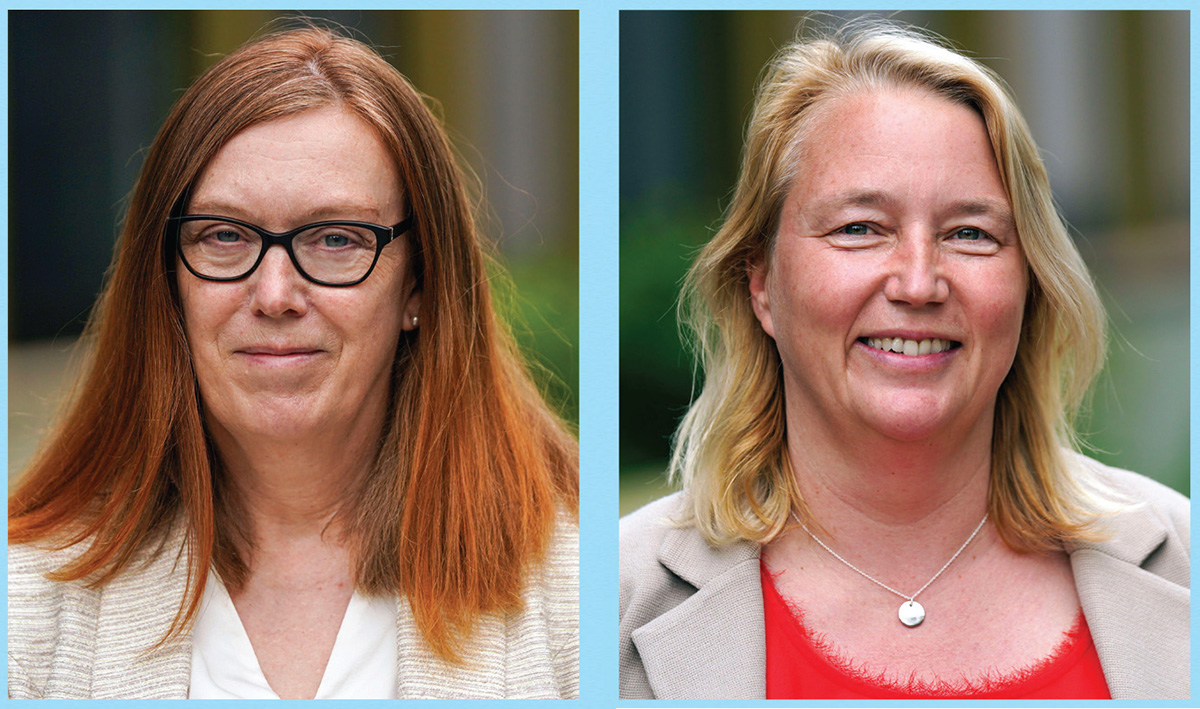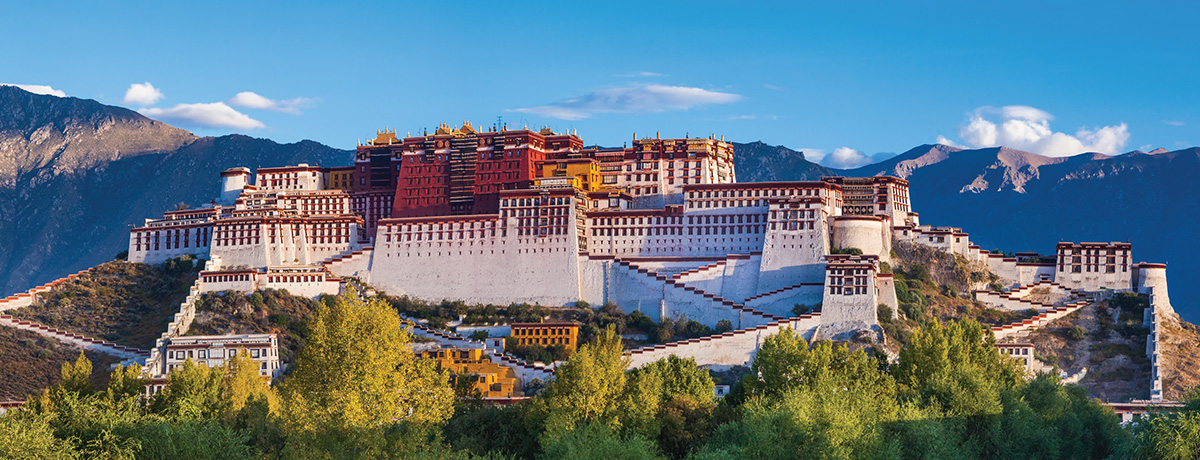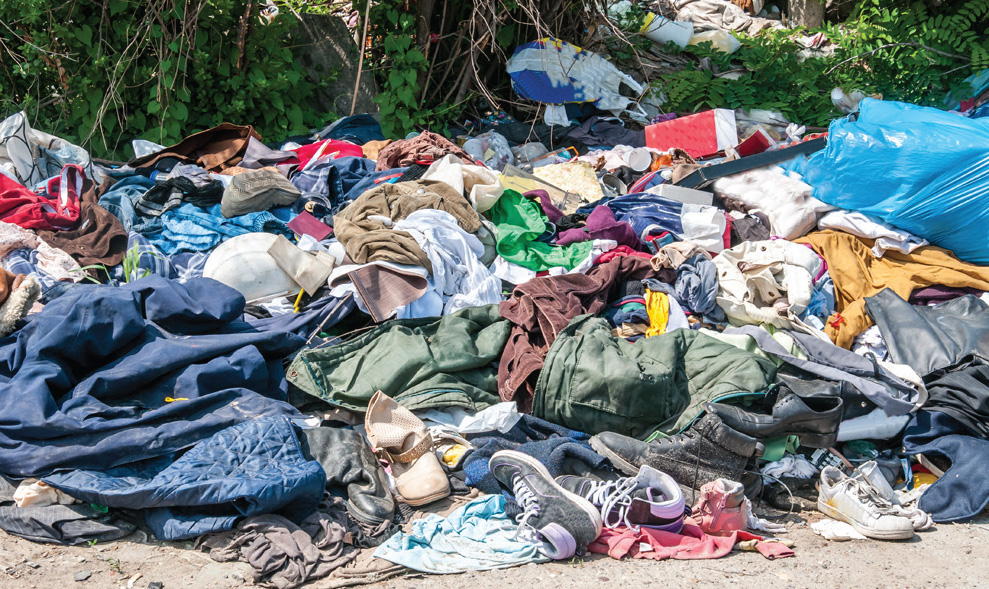
Professor Sarah Gilbert, soon to become a dame, and professor Catherine Green, to be made Officer of the Order of the British Empire, have been the nation’s champions of the Covid-19 Oxford vaccine, being named in the Queen’s Birthday Honours for their astounding achievements. Many of you who are reading would have had the Oxford-AstraZeneca vaccine over the past months, but few know the full story that led to the jab in their arm. In a recent interview, both Sarah and Catherine went into more detail about the creation of the vaccine and the personal toll it took on them.
Both women are closely partnered with the Jenner Institute, a part of the Medical Sciences Division of Oxford University which focuses on developing vaccines and carrying out clinical trials for diseases including malaria and MERS-Coronavirus. Although they have only worked with one another since 2020, both Catherine and Sarah are two sides of the same coin. Sarah is the Saïd Professor of Vaccinology at the Jenner institute whilst Catherine runs the university’s Clinical Biomanufacturing Facility that makes the vaccines that the Institute creates. The closeness of the two professions within the university led to a natural, and extremely effective, partnership when the pandemic struck.
Sarah begins her story where it started, in a pub in the Oxfordshire countryside on January 3rd, 2020. She’d seen a report that was tracking the development of a virus that had
44 cases, 11 of which were critically ill, and 121 further people who had been in close contact being monitored. Though the cause was unclear at the time , Sarah remembers it being labelled as ‘SARS-like’, already the alarm bells were going off in her head as she continued to eat her pub lunch.
Just over two weeks later, on January 20th, Sarah had emailed Catherine, asking to discuss a couple of things about the new reports that were coming in; 201 cases in China, and the confirmation of human to human transmission. By the end of that same week, they had decided to make a vaccine as soon as they could get their hands on its genetic sequence. Whilst at this time the pursuit of the vaccine was only an academic exercise, I think, with experts clearly foreseeing the consequences of such a virus months ahead of any political considerations, there are some comments which can be made about the government’s response time, I’ll leave them unsaid, but Sarah Gilbert didn’t.
Catherine Green, whilst reflecting on the meeting she had with Sarah in that week commented that “Sarah set out the situation. Would my Clinical Biomanufacturing Facility be able to start making the materials for a vaccine against this new virus immediately? There was not yet any funding. Equally, the vaccine might not be needed. We were also working on other projects which would have to be delayed. I had to balance the risk to our finances with the fact that not going as fast as possible would be something to regret if the spread of the virus continued to escalate.
‘Let’s go for it,’ I said.”
This early commitment to the vaccine programme is perhaps a good analogy for the rest – at odds and with considerable financial risk. To match it, Sarah’s deceleration perfectly characterised the pair’s spirit “It was a financial risk, but we would ask for forgiveness, not permission.” Without the determination and raw grit of these women, the UK’s response to Covid-19 would have been markedly weaker.
The process, Catherine described, relied on huge amounts of work being done even before the genetic sequence of the pathogen was known, so that once they finally knew the relevant gene they could get start work on the vaccine as soon as possible.
“Think of it as like a baker who sells personalised cakes iced with personalised messages, such as ‘Happy 50th birthday Joe’. If she bakes a batch of cakes, she can save time dealing with a shop customer by just having to pick up her piping bag and adding the customised message while they wait.”
On January 25th, Catherine and Sarah were presented with 100 billion dehydrated strands of DNA sequence coding for the new coronavirus’s spike protein, this was all they needed to
finally get started fully on the creation of the vaccine.
Even then, though, Catherines most optimistic estimates were that they’d have a starting material ready by mid-March, and a vaccine (made by Advent) up and running for trials by the end of July. Catherine dedicates much of their team’s early success to their ‘qualified person’ - someone who ultimately certifies the release of every batch of product – Eleanor Berrie, another woman who championed the fight against coronavirus, working to create the starting dose that would be used to manufacture every dose of the Oxford vaccine ever produced. Her work cut months off the production time.
It was March 23rd that the first batch of the vaccine was made, the same day as the UK was ordered into lockdown by prime minister Boris Johnson. It wasn’t for another month, however - on April 21st - until they got the product back and could breathe a sigh of relief that it was finally with them. Sadly, their respite didn’t last long, the next day the batch was certified for use in the clinic and testing began.
Despite taking a further seven months for the vaccine to test in clinical trials, from April to November, and be approved for use at 70% effectiveness, Sarah and Catherine had a lot to be proud of. In just 65 days they had gone from DNA construct to clinical trials, “an achievement no-one would have thought possible in February” Catherine says.
Their tale is extraordinary and is what you’d expect to find only in a novel ... perhaps that’s why they’ve just written one. ‘Vaxxers’, to be published on July 8th by Hoodder & Stoughton, relays their tale in their own words and goes into detail about the highs and incredible lows they faced alone and together when working on the vaccine.
Though the good news was rolling in, it must have felt Pyrrhic at best; co-workers lay ill at home, their families weren’t allowed to be told of what was going on at work and sleep was never freely available, leaving little respite for the next engagement. For our two champions, the march to victory must have seemed bleak and with little glory. Even in the easier moments when finding time to camp with her daughter, Catherine remarked that she would “drive around trying to find a 4G signal to do Zoom calls from the car.”
To summarise the despair and overwhelming human cost of their exploits and work, Sarah commented “There were days when we swore or cried with frustration and exhaustion. We lost sleep and gained weight. There were days when we met a prince... and other days when it seemed we had to save the world and get the central heating fixed.”
Earlier I stylised these two women as champions of the Oxford vaccine, battling Covid-19 tooth and nail with all they have, though perhaps I was too quick to label them as such. ‘Champion’ implies a singular warrior, marching alone against the singular challenge before them, ready to win and then go back home, but Catherine and Sarah aren’t alone, they’re mothers, daughters, sisters, friends and leaders. They have duties not just to find the glory, receive the praise and then leave, but also to their team to see it through and make sure that they’re managing the workload, to see the project through to the end. Catherine and Sarah are not champions but captains of the vaccine response, leading us step by step to a safer and brighter future, all the while being under immense pressure.
A comment from Catherine expressed this perfectly “The day we used it to start making the first batch of vaccine, March 23rd 2020, was when I first felt the fear: a low twist at the base of my guts that said: ‘This is madness. No way this is going to work.’ I had to give myself a talking to. No matter how much I was freaking out, the team couldn’t see it. They needed me calm.”
Though it might seem entirely contradictory to do so, I remind you that what makes these women such captains and inspirations is the fact that they are wholly ordinary people. There is no special training that they underwent to manage the level of stress and pressure that they took up in their fight against Covid-19, no contracted duty to start work on the vaccine so early and certainly no special ‘detox housing’ that they got to live in whilst working like we see in pandemic films. They did their work as normal people in extraordinary times.
Of course, Sarah and Catherine both have extreme courage and resilience to go ahead with what they did and see it through, but as Sarah put it “Cath and I were just two scientists among many in the right place at the right time to fight back. We don’t have cleaners, or drivers, or nannies, and like everyone else, we had other things going on in our lives. And though there was plenty of drama, there was not one big breakthrough moment – in a bath or under an apple tree or late at night in a silent, empty lab – but lots and lots and lots of small moments.”
Though to say that they were both in the right place at the right time might be a bit of a disservice to the decades of preparation that the pair have collectively contributed to the
fight against Covid-19, directly or indirectly. Each day of their careers they’ve been preparing, researching, and building the data landscape upon which this latest battle has been fought. If Wellington is said to have won the battle of Waterloo because of his prior mapping of the area, then it must be said that our captains, Sarah Gilbert and Catherine Green, were only able to win this battle due to their decades of combined experience, data gathering and understanding of the complex processes which are involved in creating vaccines.
Sarah in particular has spent the last 15 years making and testing vaccines, initially working on malaria, influenza and tuberculosis, but more recently MERS. MERS, or Middle East Respiratory Syndrome, is another coronavirus and has been closely related to Covid-19, causing hundreds of deaths in 2012. Her experience dealing with and working on this virus has provided more experience than almost anyone else in the world to tackle this pandemic, something that few point out.
To again put it in their own words, Sarah comments “For years, those of us working in the field had expected something like this – an unknown ‘Disease X’ that could cause a pandemic. The Coalition for Epidemic Preparedness Innovations (CEPI) was set up in 2017 to fund vaccines against known dangerous viruses, and in 2019 I submitted a proposal to use adenovirus technology against what the World Health Organisation had termed ‘Disease X’ – a future, hypothetical disease.” Sarah was unsuccessful in achieving her grant due to reviewers being “not convinced these vaccines could be produced quickly enough in the event of an outbreak”.
Sarah isn’t the only one who has considerable experience; Catherine had also worked on MERS in the Jenner Institute vaccination platform, which had been prepared for the specific purpose of tackling previous coronavirus outbreaks. More broadly, her expertise has been shown by joining the Wellcome Centre for Human Genetics in 2012, and leading the Chromosome Dynamics, putting her in a perfect position to work on the Covid-19 vaccine.
It’s clear that these women didn’t just happen to fit into a successful vaccination programme and work to save millions of lives around the globe; they engineered and captained the whole vaccine response, defying the odds and putting their institutions at immense financial risk throughout the whole period. This was all built on a bed of experience and knowledge which they had gathered over years, each day forming the foundations of what the public now turn to for support and safety. Again, there was no special treatment received at all, and family life rolled on amidst all of the pressures of their task, filled with all the usual trepidations of a pandemic.
To close, I feel it best to reiterate the mentality that Sarah Gilbert and Catherine Green took whilst pulling off one of the most daunting medical tasks of our age, as I feel it perfectly summarises their character and resolve: “It was a financial risk, but we would ask for forgiveness, not permission.”





